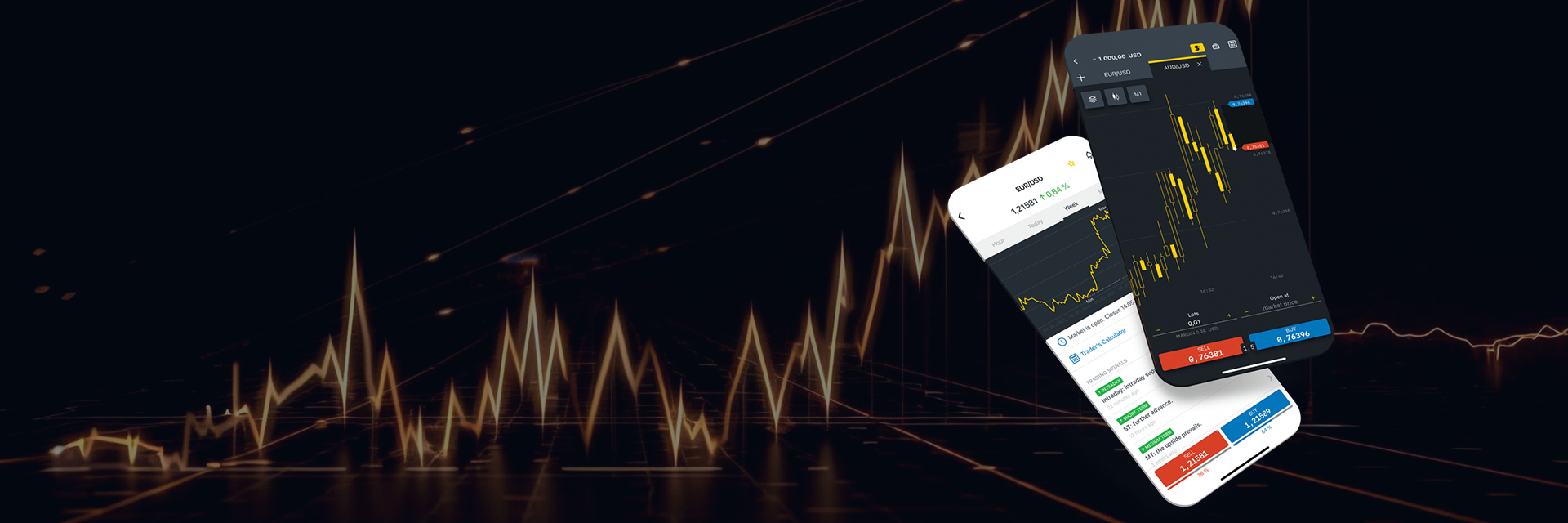
Exness Fees
When trading with Exness, understanding the associated fees is essential to effectively managing a trading account. Exness, a popular online trading platform, offers competitive spreads and various trading conditions that cater to both retail and professional traders.
However, like most brokers, Exness charges fees for certain services, which can vary depending on the type of account, trading conditions, and payment methods. This article provides a detailed overview of the various fees associated with using Exness, helping users understand the costs they may incur and how to minimize them.
Spreads and Commissions
In trading, the spread refers to the difference between the bid (buy) price and the ask (sell) price of an asset. It is one of the most common fees in the industry and plays a significant role in determining the cost of trading. Traders incur this cost when they open and close positions, as the spread represents the amount they need to overcome to make a profit. Exness offers various account types with different spread and commission structures to accommodate traders with varying needs, from beginners to professionals.
Standard Accounts
For retail traders or those new to trading, Exness provides Standard accounts. These accounts feature competitive spreads, typically starting at 0.3 pips, making them suitable for traders who prefer more straightforward and low-cost trading conditions. Importantly, Standard accounts do not charge any commissions on trades, making them ideal for traders who want to keep things simple and without additional fees. This is particularly beneficial for traders who focus on long-term positions and do not need the tightest spreads available. The absence of commission fees helps keep trading costs predictable and low.
Raw Spread Accounts
For experienced traders or those who require tighter spreads for more precision, Exness offers Raw Spread accounts. These accounts feature spreads as low as 0.0 pips, offering highly competitive pricing for traders who require the best possible execution. However, to balance the tight spreads, Exness charges a small commission per trade, typically ranging from $3.5 to $7 per lot depending on the instrument and account type. While the commission can add an additional cost, the benefit of tighter spreads makes this account ideal for day traders, scalpers, or high-frequency traders who execute multiple trades and seek precision in their pricing.
Zero Spread Accounts
Exness also offers Zero Spread accounts, designed for traders who prioritize extremely tight spreads and are willing to accept higher commissions in exchange for this benefit. These accounts typically offer 0.0 pips spreads, which is ideal for traders who require the lowest possible cost to enter and exit positions quickly. However, as the name suggests, these accounts feature higher commissions compared to the Raw Spread accounts. Commissions for Zero Spread accounts can be considerably higher, and they depend on the instrument being traded. These accounts are best suited for professional traders who are focused on high-volume trading or those who engage in scalping strategies.
Swap Fees (Overnight Financing)
When trading on margin, positions held overnight may be subject to swap fees, also known as overnight financing or rollover fees. These fees are charged (or credited) based on the interest rate differential between the two currencies being traded. Exness offers Islamic accounts, which are swap-free and are designed to meet the needs of traders who follow Sharia law.
- How Swap Fees are Calculated: The swap fee is generally calculated based on the size of the position and the difference in interest rates between the two currencies involved. It can either be positive or negative, depending on the market conditions and the direction of the trade.
- Swap-Free Accounts: For traders who require a swap-free account (such as those adhering to Islamic principles), Exness offers an option to apply for such an account. These accounts do not incur any swap charges but might have a slightly higher spread or commission to compensate for the lack of swap fees.
Deposit and Withdrawal Fees
Exness provides a range of payment methods for deposits and withdrawals, including bank transfers, credit and debit cards, e-wallets, and more. Most payment methods are free of charge, but there may be some fees associated with certain transactions.
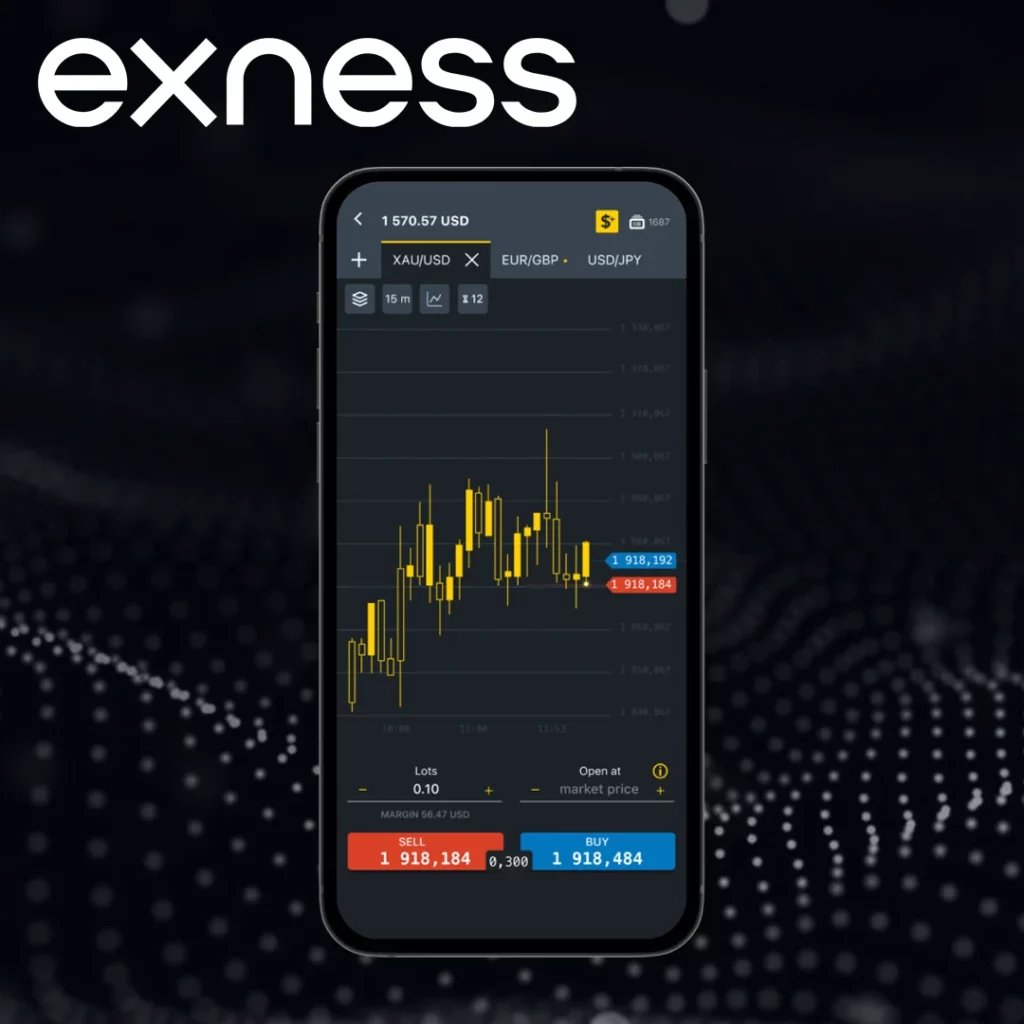
- Deposits: Most deposit methods are free of charge, with Exness absorbing the cost of deposits made through popular payment systems like Visa, MasterCard, and e-wallets such as Skrill and Neteller. However, users should be aware of potential fees charged by payment providers, such as their banks or payment gateways.
- Withdrawals: While Exness does not charge withdrawal fees for most methods, certain payment systems may impose withdrawal fees. For example, bank wire transfers may incur a small fee depending on the bank’s policies. Withdrawal processing times also vary depending on the payment method chosen, with e-wallets offering faster processing compared to traditional bank transfers.
Currency Conversion Fees
Exness offers trading accounts in various base currencies, including USD, EUR, GBP, and others. When traders deposit or withdraw funds in a currency that differs from their account’s base currency, Exness applies a currency conversion fee. This fee covers the costs associated with converting one currency into another, which can involve third-party payment processors or internal banking systems. The conversion fee is typically a small percentage of the transaction amount.
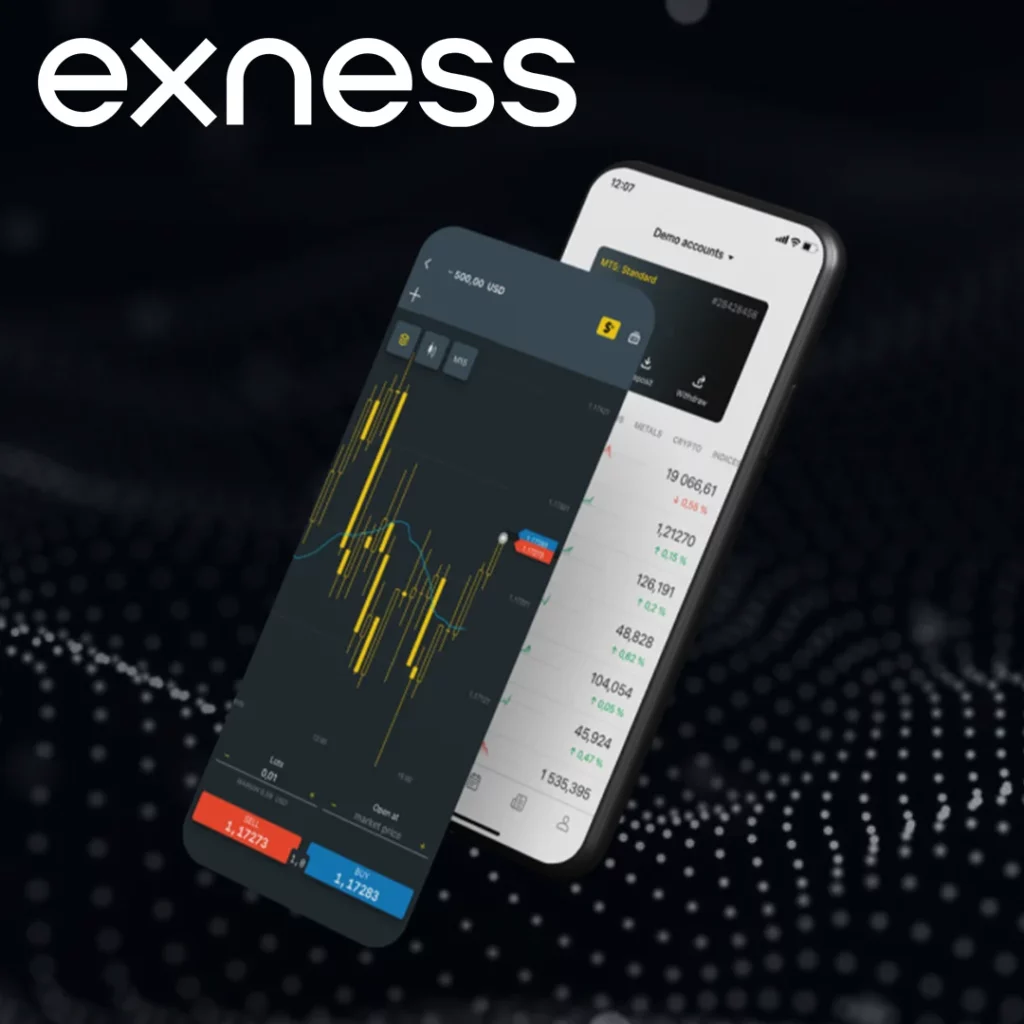
Fee Rates and Variability
The currency conversion fee varies depending on several factors, including the specific currency pair involved and the payment method used for the transaction. On average, this fee ranges from 0.1% to 2% of the total transaction amount. For instance, converting between widely traded currencies like USD and EUR may incur a lower fee compared to more exotic or less liquid currency pairs. Additionally, the fee may vary depending on whether the funds are transferred via bank wire, e-wallets, or other payment methods.
Example
- If you are transferring $1,000 USD to your EUR account, and the conversion fee is 1%, you will be charged a $10 fee for the currency conversion.
Minimizing Currency Conversion Fees
Traders can reduce the impact of currency conversion fees by taking the following steps:
- Select an Account in Your Preferred Currency: To avoid frequent conversion fees, it is beneficial to open an Exness account in the currency most commonly used in your trades. For example, if you primarily trade in EUR/USD, having a EUR-based account will help you avoid unnecessary conversion fees on deposits and withdrawals.
- Consider Transaction Volume and Frequency: If you frequently deposit or withdraw in a different currency, it might be more cost-effective to select a currency account that aligns with your primary trading currency. This reduces the need for constant conversions, lowering the overall transaction costs.
- Evaluate Payment Methods: Different payment methods may offer different conversion fees. E-wallets such as Skrill or Neteller may charge different rates compared to bank wire transfers. Comparing these fees before making a deposit or withdrawal can help minimize costs.
Account Types and Associated Fees
Exness offers various account types, each with different fee structures and features. Understanding the differences between these accounts can help traders choose the right one based on their trading style and preferences.
| Account Type | Spreads | Commissions | Ideal For | Key Features |
|---|---|---|---|---|
| Standard Account | From 0.3 pips | None | Beginners or traders looking for simple and affordable trading conditions. | – No commissions- Relatively high spreads- Affordable for new traders |
| Raw Spread Account | From 0.0 pips | From $3.5 to $7 per lot | Experienced traders who need tight spreads and are willing to pay a commission. | – Tighter spreads- Low commission- Suitable for scalpers and active traders |
| Zero Spread Account | 0.0 pips | Higher than Raw Spread (depends on instrument) | Professional traders requiring ultra-low spreads for precision execution. | – Ultra-tight spreads- Higher commission- Best for high-frequency trading |
| Islamic Account | Varies (Higher) | May include higher spreads/commissions | Traders adhering to Sharia law (swap-free trading) | – Swap-free- May incur higher spreads or commissions in lieu of swap fees |
This table simplifies the decision-making process for traders looking to choose the account type that best suits their trading needs, risk tolerance, and goals.
Other Fees and Charges
In addition to the standard trading fees, Exness may apply certain other charges in specific circumstances. These fees generally apply to advanced services or specific account activities. Understanding these additional fees will help traders better manage their accounts and avoid unexpected costs.
- Margin Calls and Stop-Out Fees: If a trader’s margin level falls below the required threshold, Exness may issue a margin call, prompting the trader to deposit more funds or close positions to avoid further losses. If the margin level continues to drop and positions are not closed, a stop-out can occur, meaning Exness will automatically close positions to prevent further losses. While Exness does not charge a fee for margin calls, traders should be aware of the risk of losing their positions, which can result in additional costs, such as unrealized losses.
- Advanced Trading Features: Some advanced trading features, such as ECN accounts or VIP trading services, may come with additional costs. These services are usually available for professional traders who require faster execution speeds or access to more advanced trading tools. Fees for these services can vary, and traders are encouraged to check Exness’ website or contact customer support for detailed information about any additional costs related to such services.
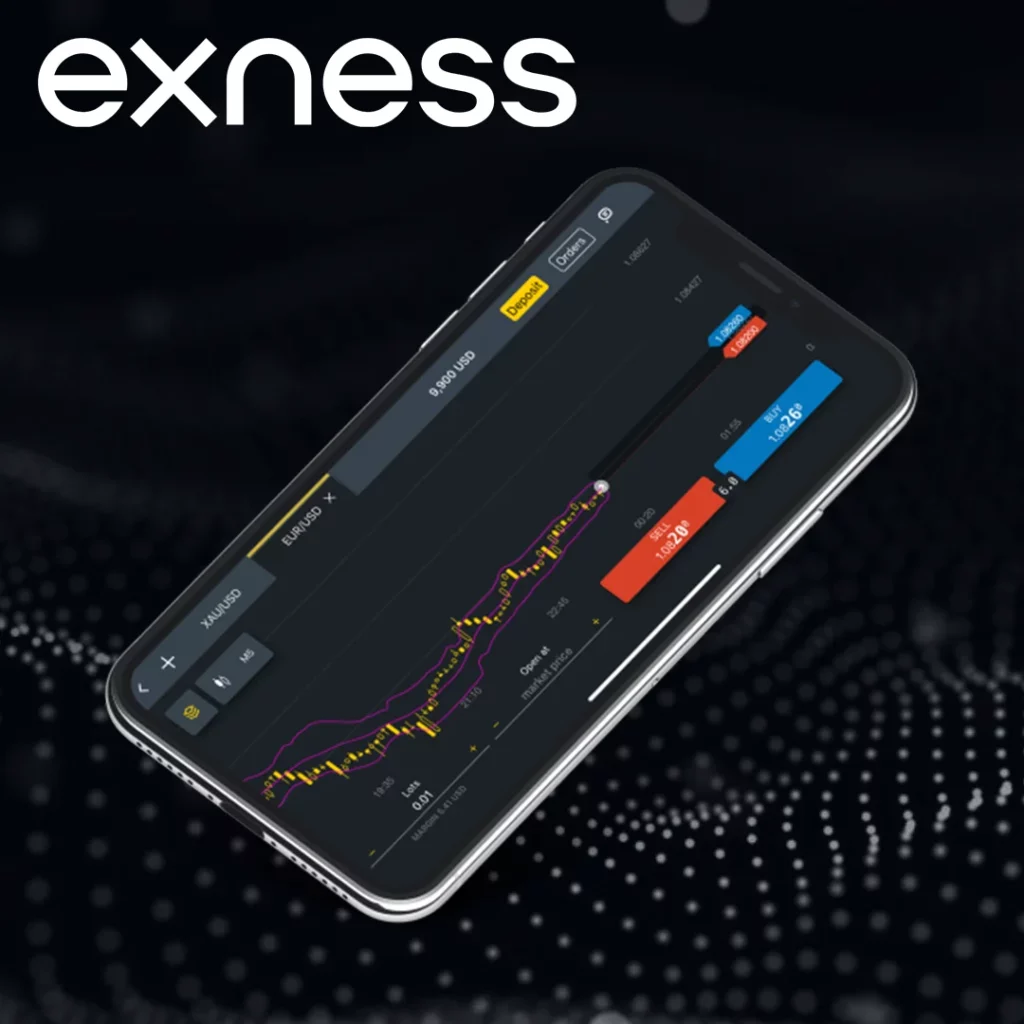
- Third-Party Payment Processor Fees: Although Exness does not typically charge fees for deposits and withdrawals, traders should be aware that certain third-party payment processors, such as bank wire transfers or e-wallets, may charge additional fees. These charges are not levied by Exness but are set by the payment providers themselves. It is recommended to check with the specific payment provider for any extra costs before initiating a transaction.
Exness Trading Costs Comparison
Exness provides several account types with different fee structures, allowing traders to choose the most suitable option based on their trading style and preferences. Below is a comparison of the primary account types and their associated fees:
| Account Type | Spreads | Commissions | Swap Fees | Deposit/Withdrawal Fees | Ideal For |
|---|---|---|---|---|---|
| Standard Account | From 0.3 pips | None | Varies, depending on the pair | Typically free for most methods | Beginners and casual traders |
| Raw Spread Account | From 0.0 pips | From $3.5 to $7 per lot | Varies, depending on the pair | Typically free for most methods | Experienced traders |
| Zero Spread Account | 0.0 pips | Higher commissions than Raw | Varies, depending on the pair | Typically free for most methods | High-frequency traders |
| Islamic Account | Same as Standard, Raw, or Zero | Same as Standard, Raw, or Zero | Swap-free | Same as Standard, Raw, or Zero | Traders who need swap-free conditions |
| ECN Account | Varies (lower spreads) | Higher commissions | Varies | Generally free, but dependent on provider | Professional traders requiring high-speed execution |
This comparison shows how Exness’ account types are tailored to different trading needs, allowing traders to select the account type that best suits their strategies and trading volume.
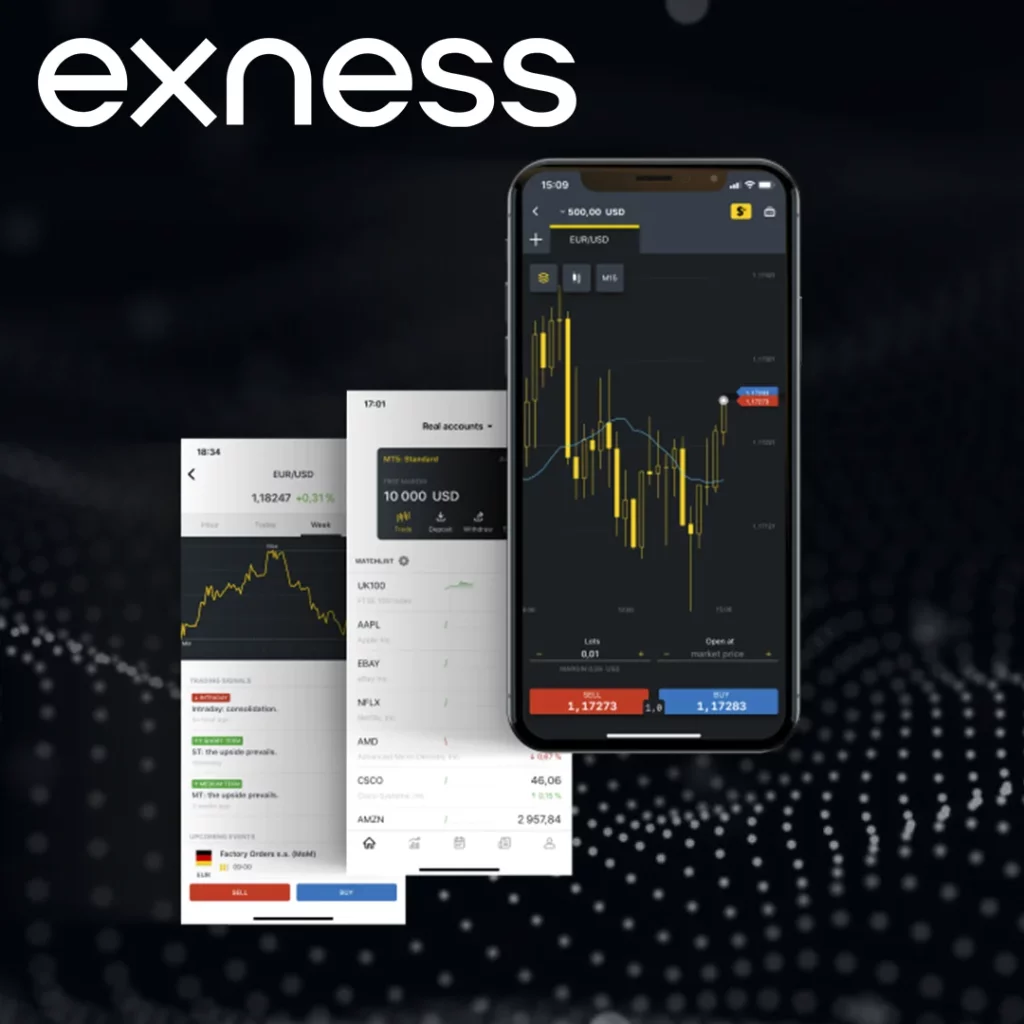
How to Minimize Exness Fees
To minimize trading costs on Exness, users can consider the following strategies:
- Choose the Right Account Type: Select an account type that aligns with your trading style. For example, if you trade frequently, the Raw Spread account might be more cost-effective despite the commission fees, as it offers tighter spreads.
- Use E-Wallets for Fast Withdrawals: E-wallets typically have lower fees and faster withdrawal processing times than bank transfers, making them an ideal choice for traders who prioritize speed.
- Monitor Currency Conversion Costs: Try to maintain an Exness account in the currency you trade most frequently to avoid unnecessary currency conversion fees.
- Avoid Inactivity Fees: Keep your account active by making at least one trade or withdrawal every three months to avoid inactivity fees.
Conclusion
Exness offers a range of fee structures that cater to different types of traders, from beginners to professionals. By understanding the different fees associated with Exness accounts, traders can make more informed decisions and minimize trading costs. Whether it’s the spread, commissions, deposit/withdrawal fees, or inactivity charges, being aware of these costs allows traders to manage their expenses more effectively while taking advantage of Exness’ competitive trading conditions.
FAQ for How to Protect Your Exness Account
How can I create a strong password for my Exness account?
A strong password should be at least 12 characters long, including a mix of uppercase and lowercase letters, numbers, and special characters. Avoid using easily guessable information such as your name, birthdate, or common words. Additionally, make sure the password is unique to your Exness account and is not reused on other platforms.
What is two-factor authentication (2FA) and how does it protect my account?
Two-factor authentication (2FA) is an additional security measure that requires you to verify your identity with two pieces of information: your password and a second factor (e.g., a one-time code sent via SMS or generated by an authentication app). This makes it much harder for unauthorized users to access your account, even if they have your password.
How do I enable 2FA on my Exness account?
To enable 2FA, log in to your Exness account, go to the “Security” settings, and choose your preferred 2FA method (either SMS or app-based authentication). Follow the on-screen instructions to complete the setup. Once enabled, you will need to enter the second authentication factor when logging in.
What should I do if I receive a phishing email or see a suspicious link?
Always verify the sender’s email address and ensure it is from the official Exness domain. Never click on suspicious links or download attachments from unknown sources. Exness will never ask for sensitive account details via email. Report phishing attempts immediately to Exness’ support team.
How can I monitor my Exness account for unusual activity?
Regularly review your “Transaction History” and set up email notifications for critical actions like logins, withdrawals, or deposits. If you notice any unusual activity, immediately contact Exness support to report it.
Can I use public Wi-Fi to access my Exness account?
It is recommended to avoid using public Wi-Fi networks to access your Exness account, as they may be insecure and vulnerable to cyberattacks. Always use a private, secure Wi-Fi connection or a trusted VPN for safer browsing and trading.
